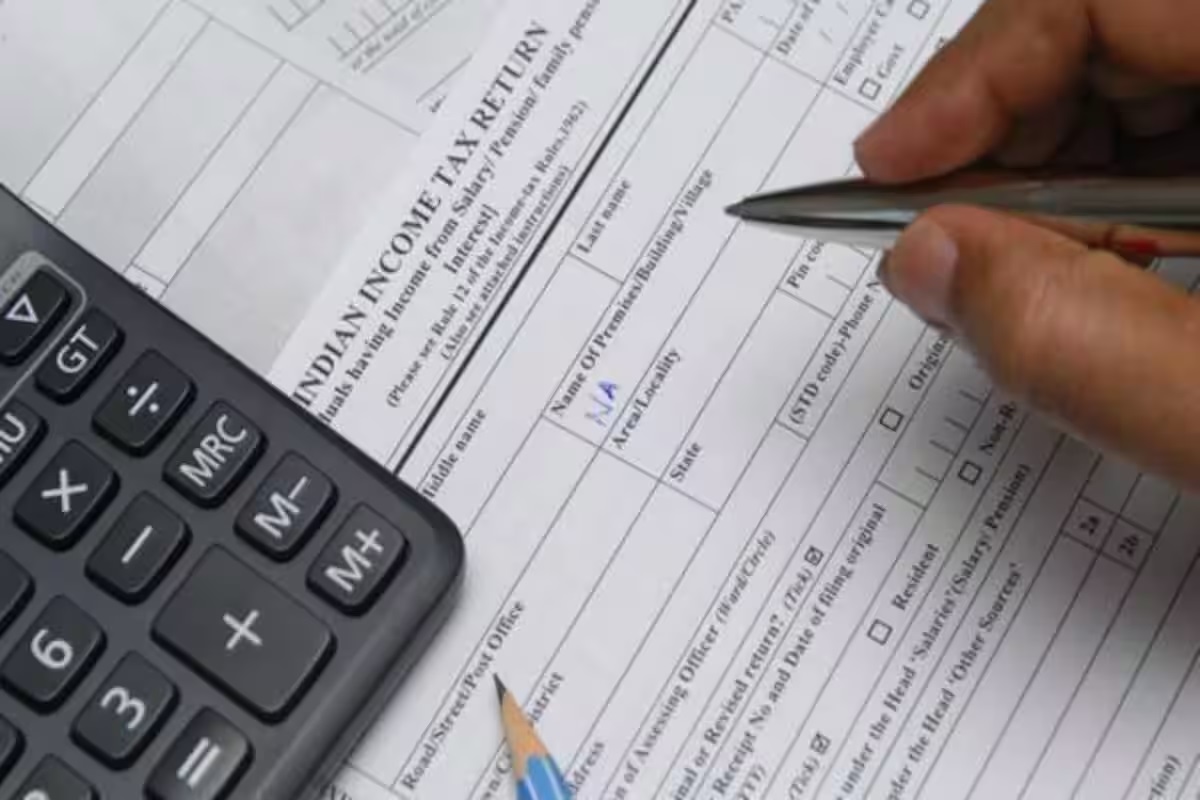The major tax problems faced by taxpayers

IRS tax difficulties can arise from both purposeful and unexpected activities. The majority of issues begin with an inability to file taxes or pay outstanding IRS fines, and they only get worse. It’s possible that you failed to complete the crucial duty of tax preparation correctly. In addition, a significant incident in your life might have prevented you from filing taxes or paying them.
However, failure to seek relief may result in penalties and fines from the IRS. Know more about Tax Problems
Every taxpayer must know the IRS’s options for handling payments or eliminating debt. These are a few standard tax issues to note.
Unfiled Tax Returns
Failing to file a tax return is a severe offense, and if you fail to file your tax return without an extension, you could face severe penalties, as per the letter you receive from the IRS regarding a past-due return. If you take prompt action, you might be able to get your penalties and fines reduced or waived.
Interest and Penalties from the IRS
Penalties from the IRS are severe. Jail time is the most concerning penalty available, but late filers of tax forms incur hefty interest penalties. From the return’s due date until the amount is paid in full, interest on an outstanding debt accrues daily. The interest rate levied by the IRS is equivalent to the federal short-term rate plus three percent. On top of any interest you owe, there is an additional particular failure-to-pay penalty.
Tax Audits
The IRS may send you a letter notifying you that your tax return is audited. IRS seeks documentation to confirm the information you have stated on your tax returns. While navigating the audit process, you must practice your rights to prevent fines.
Tax levies
If a tax is on debt, the IRS has the authority to issue levy licenses for the seizure of your property. It could be your bank account, your property, or your earnings. If you get a notice of levy, you should take prompt action to exercise your right to a hearing.
Tax Liens
A tax lien is a legal claim filed against your property for tax liabilities. If you fail to pay your taxes or take the necessary action to prevent a lien, the government may seize your bank accounts, private property, and real estate. The easiest way to deal with a lien is to pay your tax debt fully.
Overdue Payroll Taxes
Your company may suffer if you fail to pay payroll taxes. Payroll taxes can be challenging after all other necessary costs have been settled, due to fluctuations in the market, past-due invoices from suppliers, and other problems. There are ways to submit supporting paperwork or come to an installment plan that can.
Wage garnishment
If you owe unpaid taxes, the IRS may pursue garnishments against your income by contacting your employer directly. It is possible to reach an agreement with the IRS that does not need your employer to withhold wages from you.